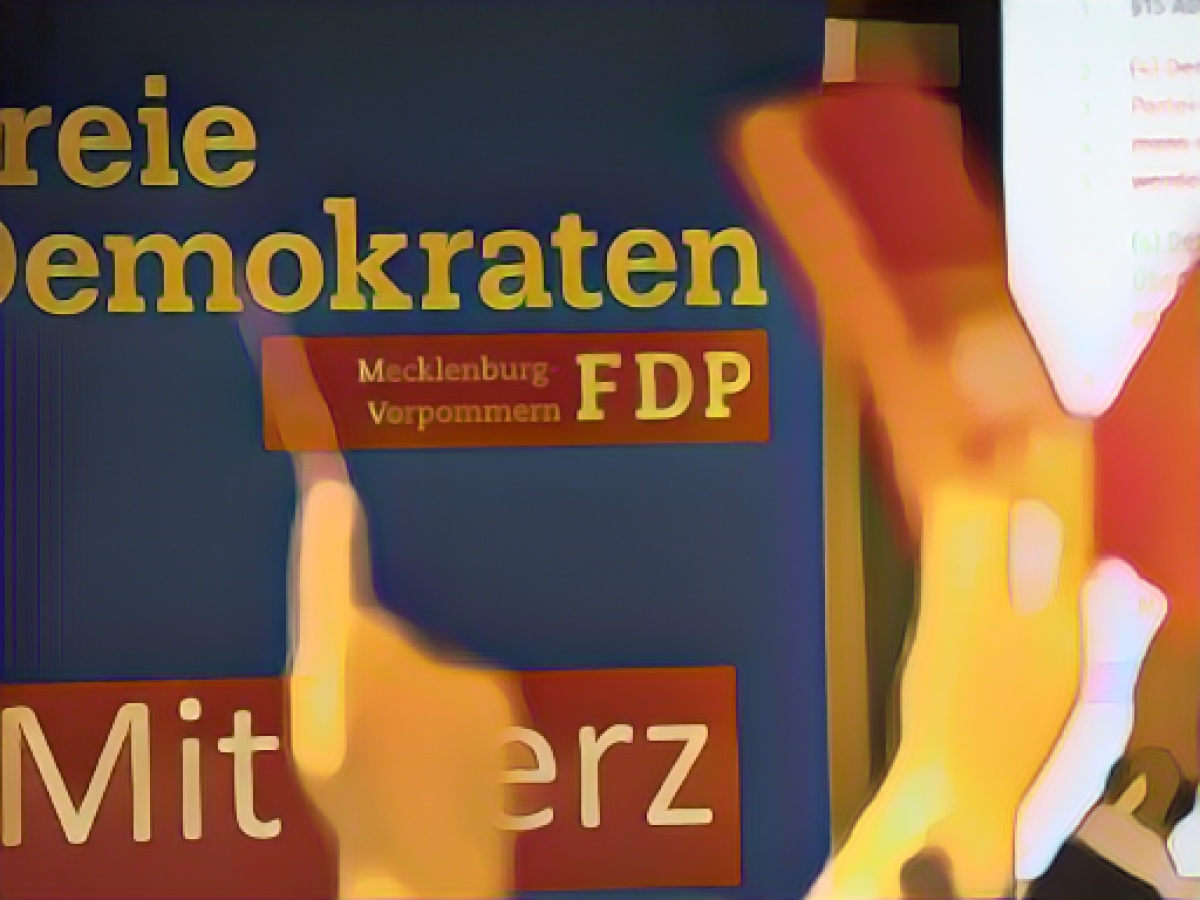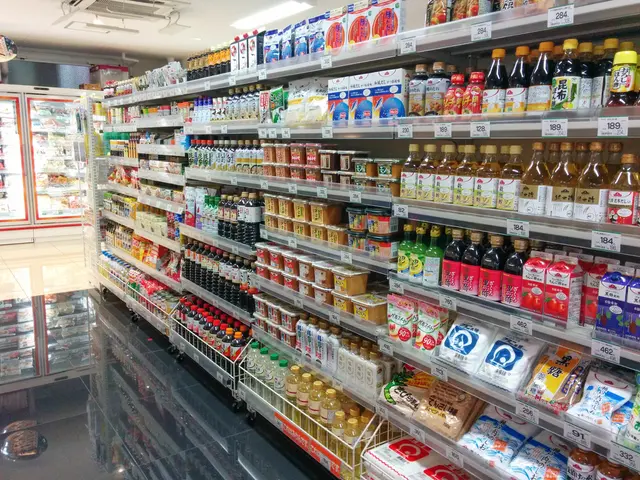FDP in Mecklenburg-Vorpommern Pushes for Stronger Migration Policy
The Free Democratic Party (FDP) in the state of Mecklenburg-Vorpommern is pushing for a shift in migration and refugee policies, urging the federal and state governments to take a firm stance against irregular migration. The party's demands, outlined in a five-page resolution following their recent state conference in Güstrow, include beefing up efforts to combat human trafficking, extended stays in initial reception facilities, and increased integration measures.
The FDP's paper showcases a desire for open dialogue on migration issues, emphasizing that recognizing and addressing problems is crucial for finding viable solutions. The party calls for a considerable boost in personnel dedicated to combating human trafficking, with the aim of keeping refugees in their initial reception facilities until their examination procedures are complete – even for up to 18 months, if necessary.
The FDP also advocates for replacing cash benefits with in-kind aid for asylum seekers and supports the introduction of payment cards. Asylum applicants with a prospect of staying in the country should be obligated to attend integration courses from day one, while also having the opportunity to enter the workforce quickly.
To promote better integration and encourage faster economic integration, the state government should uphold an even distribution of refugees by implementing a residence requirement and providing stronger support to local authorities in establishing adequate living space.
The FDP's resolution also emphasizes the importance of swift and consistent deportations of those whose asylum applications are denied. Mecklenburg-Vorpommern will establish a "return coordination office" to oversee this process, with incentives for voluntary departure and the expansion of the list of designated safe countries of origin. Transparency regarding the facts and figures of this process is essential, the FDP insists.
While the specifics of the FDP's policies in Mecklenburg-Vorpommern remain somewhat unclear, their general stance at the federal level is easier to discern. The FDP has supported amendments to the Asylum Law aimed at bolstering internal security and the asylum system, including restrictive measures for those with Dublin decisions and deportation orders.
Stricter border control measures and migration laws have also been advocated for by the FDP, leading to tougher deportation policies for rejected asylum seekers. Integration initiatives are also a priority for the FDP, although the specifics of their plans regarding integration courses and extended stays in initial reception facilities remain unclear.





